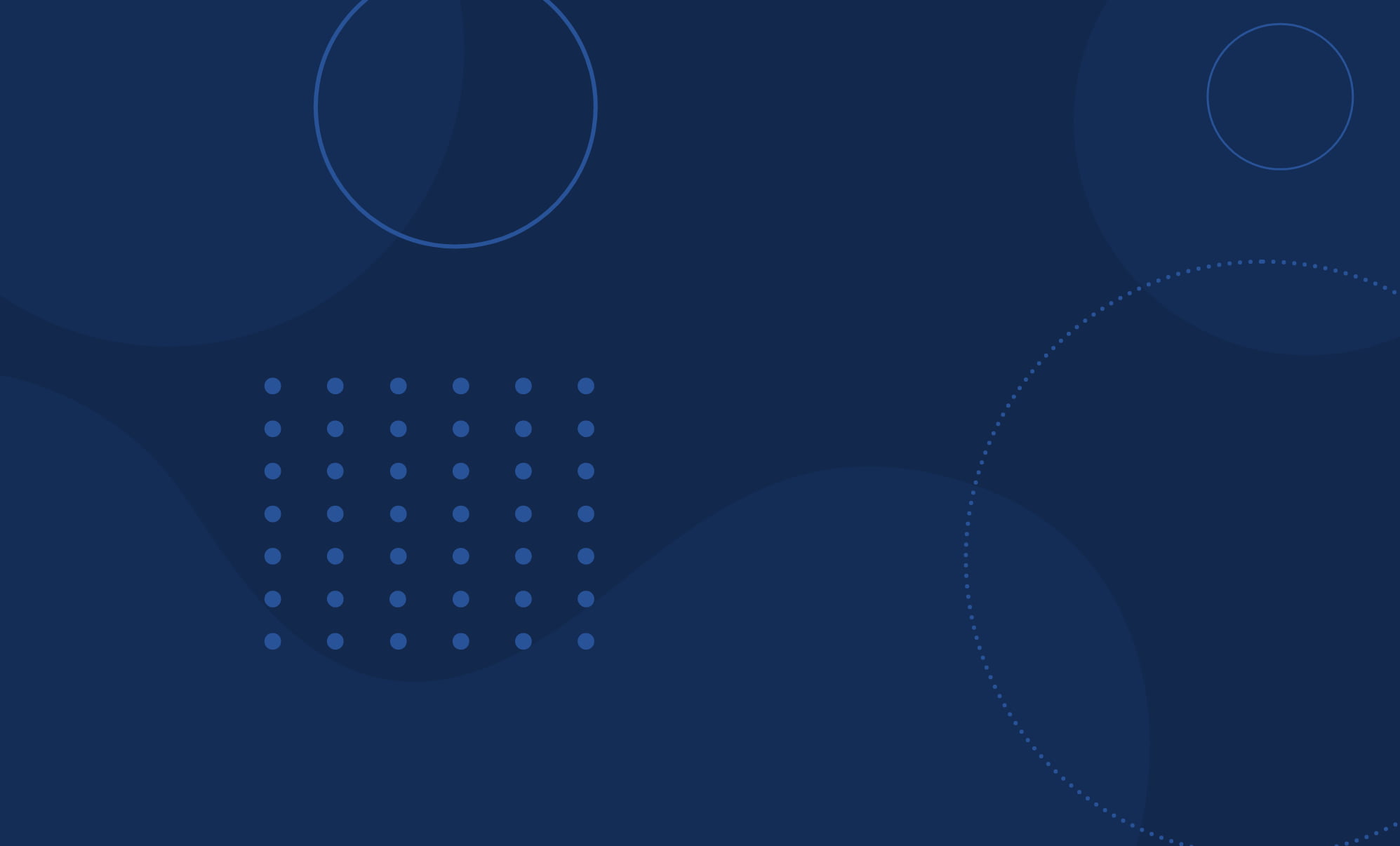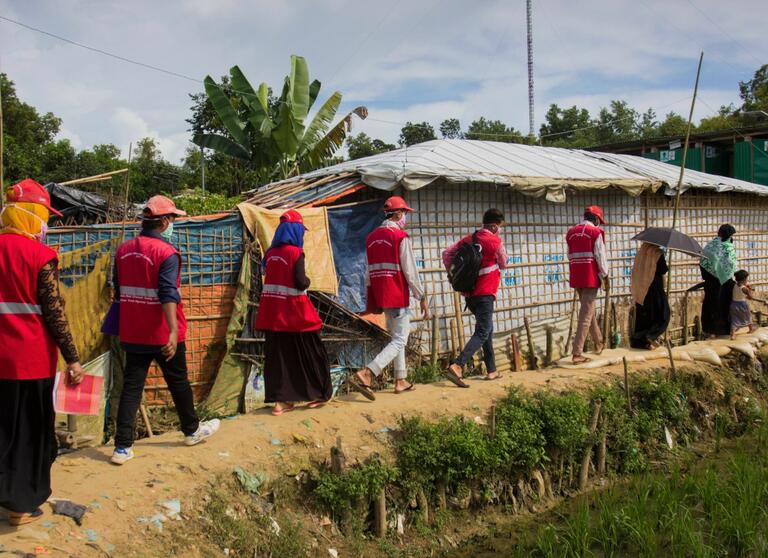Kuala Lumpur/ Dhaka, 22 Aug 2022: This 25 August marks five long years of the massive displacement of people from Rakhine state of Myanmar, who crossed the border into Bangladesh. The protracted crisis now stands at colossal number of displaced people in the camp – 936,733 people – who are completely reliant on humanitarian assistance to meet their everyday needs in the world’s largest camp in Cox’s Bazar.
At the beginning of this humanitarian crisis, the Government of Bangladesh called on Bangladesh Red Crescent Society to respond to the emergency in line with Red Crescent’s mandate to provide humanitarian services as auxiliary to the public authorities. In response, an international operation was launched in Cox's Bazar with the support of the International Federation of Red Cross and Red Crescent Societies (IFRC) and its RCRC partners, called Population Movement Operation.
The Secretary General of Bangladesh Red Crescent, Kazi Shofiqul Azam said:
“The crisis had already tipped into a complex protracted displacement crisis a while ago. Top priorities must go to long-term solutions, balancing the initiatives in the camps and to the neighbouring host community.
“We are calling for long-term commitment and resources that are very much needed to address this crisis.
Children make up almost a 51 per cent of the camp population, while women and girls represent almost 52 per cent of the population. One in three displaced families has at least one easily identifiable protection vulnerability, such as human trafficking, underage marriage, sexual exploitation and abuse.
Many sustainable initiatives that were implemented at the camp have been lifesaving for the people there such as mid-term shelters or durable housing, solar-powered water supply networks, and disaster mitigation activities.
However, the people there remains completely dependent on humanitarian assistance to meet daily and longer-term needs.
Asia Pacific Regional Director of IFRC Mr. Alexander Matheou said:
“What you see on the surface in the camps has improved over five years thanks to the work of the government of Bangladesh and multiple national and international partners.
“But below the surface, in people's lives, where the future is uncertain and there is no work or movement, there are less obvious but important risks - of depression, trafficking, violence, including gender-based violence. With no durable solutions in sight, the humanitarian response needs to focus on recreation and protection as much as lifesaving needs.
The situation is further compounded by the fact that Cox’s Bazar sits right on the path of cyclones, and hence is constantly subject to seasonal flash floods, devastating cyclones and heavy rainfall that cause landslides, severe water logging, shelter damages; frequent fire incidents; potential outbreaks of cholera, dengue and diphtheria. Also due to the sheer number of people there, epidemics such as cholera and COVID are a huge day-to-day threat.
The IFRC Head of Delegation in Bangladesh, Sanjeev Kafley said:
“This is one of IFRC’s largest, most complex humanitarian support in Bangladesh. For the last five years, the IFRC and many partner National Societies have been supporting Bangladesh Red Crescent in ensuring the protection and extended humanitarian support for the camp.
“Considering COVID-19 experience, the IFRC is focusing on institutional preparedness. The IFRC’s strategy of supporting the displaced and host communities in Cox’s Bazar includes integrated community resilience, social inclusion and readiness for effective response till 2024; for now.
Bangladesh Red Crescent, with the support of IFRC and Participating National Societies (PNS), will maintain and look to scale up its efforts to meet the urgent humanitarian needs and keep the hundreds of thousands of families safe through a range of life saving humanitarian assistance including shelter, health, PSS, wash, livelihood, DRM as well as emergencies and disaster response. The protection, gender and inclusion and community engagement and accountability are mainstreamed in our operation ensuring people at the center of our action.
For more information or to arrange an interview, contact:
Cox's Bazar:
Barkat Ullah Maruf, +880 1711 222922,
[email protected]
Sabrina Idris, +880 1710-840327,
[email protected]
Dhaka:
Mahmudul Hasan, +880 1716-103333,
[email protected]
Kuala Lumpur:
Rachel Punitha, +60 19 791 3830,
[email protected]





